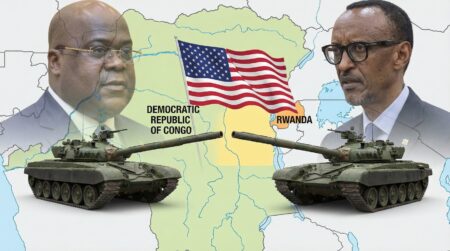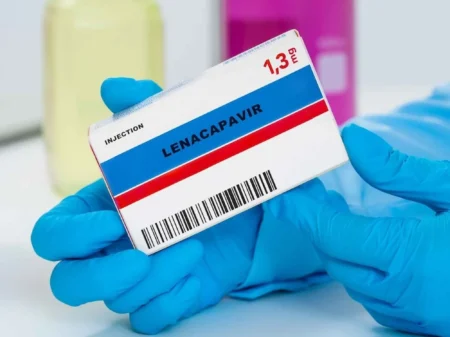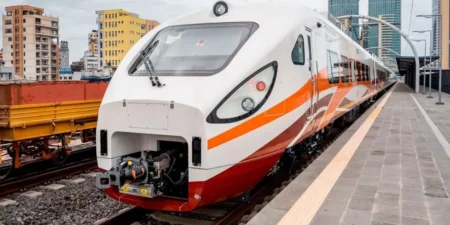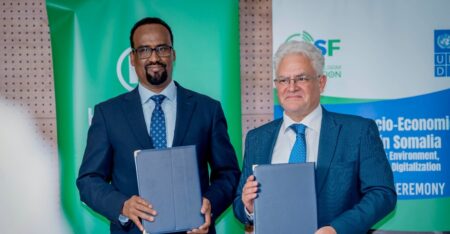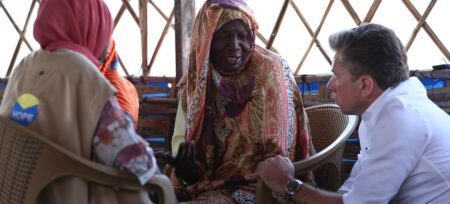Tanzania, one of East Africa’s largest economy is executing a phase-based sim cards shutdown across the country, following the set deadline of biometric sim card registration.
The procedure comes at hard times when, only 28.4 million sim cards have been registered by January 19, while Tanzanian Communications Regulatory Authority (TCRA) statistics show 48. (Tramadol online 8 million active sim cards are active in Tanzania.
In a nation with more than 55 million people, mobile services have become the most pervasive communications platform in Tanzania; by 2007, over 5 million people, representing a 10th of the population, subscribed to a mobile service. Hence—the 2019 GSM report on Digital Transformation in Tanzania, showed that today, the number of unique mobile subscribers has grown five-fold to 25.2 million.
This means that Tanzania’s current sim card lock could lose a significant portion of the tax and cripple money transfer income to mobile money agents and services to the large swathes of unregistered subscribers.
The most grilling questions to ponder are; can Tanzania withhold the economic pain caused by the sim cards lock (over the course of time) and is it this measure effective?
Prior to the sim cards shutdown, several cases were raised regarding the registration process, including ineffective operations by the National Identification Authority (NIDA), responsible for providing the National Identification Number (NIN)—a crucial element for biometric registration.
The Tanzanian President John Magufuli was noted on different occasions urging NIDA to be speedy and robust in providing the NIN, before the deadline, however—still the process is a nightmare.
In December 2019 President Magufuli highlighted that, the ongoing biometric registration was effective and vital to the communications landscape, especially curbing cybercrime. Thus—the government has remained strict with rolling in the registration associated with the current measures despite the ongoing challenges.
READ:What potential lies within Tanzania’s digital economy?
Economic ramifications
Currently, Tanzania is standing on a billion shillings digital economy that is fueling financial inclusion effectively. Digital technology is essential to the socio-economic sphere in Tanzania. In Tanzania, the latter—is utilized in improving healthcare, education, commerce, information sharing, employment and innovation.
As over 19 million sim cards stand to be disconnected, TCRA September 2019 statistics reveal the jeopardy within economic lines of mobile money and voice-data-SMS packages.
In that context, Tanzania has eight mobile network operators, sharing over 44 million voice telecom subscribers, but also contributing to more than 252 million mobile money transactions by September 2019, and only in June 2019, about $3 billion worth of transaction value was indicated.
GSM report shows that in 2016 the total value added generated by the mobile operators only (into account direct, indirect and productivity) was around $2.5 billion, equivalent to 5.2 per cent of GDP. Also—the mobile industry employs more than 1.5 million people, directly and indirectly, equivalent to 2.6 per cent.
Vodacom Tanzania, the nation’s leading cellular network with over 14 million subscribers contributed over $433 million to the government in taxes and regulatory fees, and more importantly, its innovative mobile money platform saw a $1 billion worth of value going through the system monthly.
Tigo Tanzania recently introduced an all network flat-rate calling package, which comes as the first-of-its-kind in Tanzania, with the current trends of voice telecom penetration (from 61 per cent to 81 per cent in 2018), voice packages sales could be crippling.
The Tanzanian mobile money landscape has witnessed a $2.6 billion investment and it will be devastating for the 19M subscribers to lose their ability to use mobile money services, and also—reducing income generation to thousands of vendors.
It is with no doubt, the dark shadow cast by the sim card lock hurts the local economy of Tanzania. Tanzania mobile market is noted by GSM to be the most competitive market in Sub-Saharan Africa, whereby—four operators, Vodacom, Airtel, Tigo and Vodacom –all together account for 96 per cent of the market share while reaping $1.25 billion in revenues by 2017.
The torrents of digital technology have led to an increase in financial inclusion in Tanzania, trapping more registered users of mobile money, and expanding to 65 per cent by 2018. Reports show the expansion might grow larger and wider, due to the investment landscape ongoing in Tanzania.
Tanzanians use their mobile phones for many purposes and within the digital economy landscape, it is an essential tool in generating or attracting sources of income, lacking communication is sufficiently destabilizing effective measures of communities to gain their livelihood.
Hence—it is crucial for TCRA to revisit the sim card lock, and usher the most convenient and communication friendly manner for registration, that does not exclude millions of people from accessing their mobile wallets, and engage in essential communication—which is the modern currency for development.





